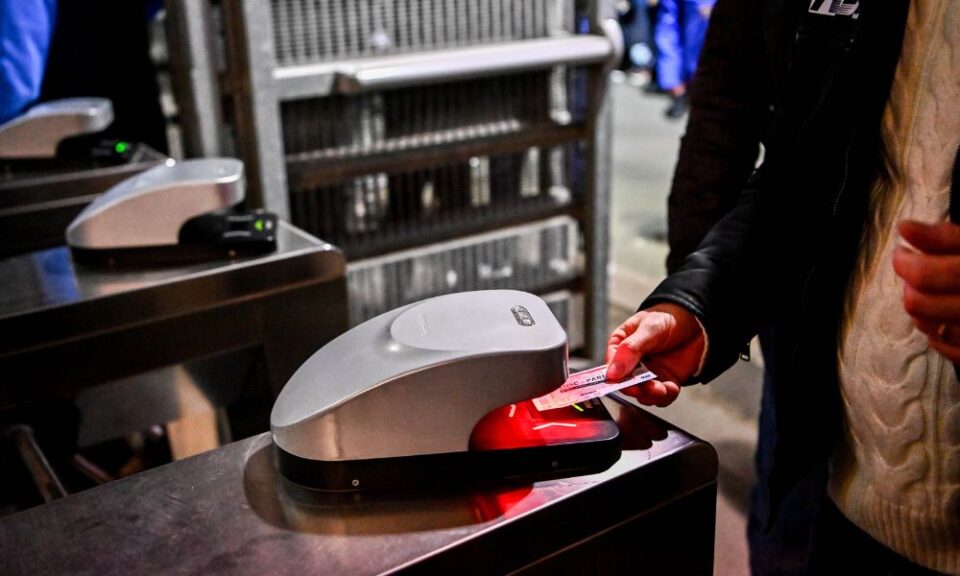Closing high-ticket sales is a challenging yet rewarding process that requires a strategic approach. Unlike regular sales, high-ticket sales involve larger financial investments, making trust, value, and relationship-building essential elements of the process. Whether you’re selling luxury products, exclusive services, or premium packages, mastering the art of closing high-ticket sales can significantly boost your revenue. Below are seven proven techniques that can help you close high-ticket sales and build long-lasting relationships with your clients.
- Build Trust and Establish Authority
High-ticket sales often require a higher level of trust between the buyer and the seller. Prospective buyers are unlikely to make significant financial investments without believing that they are dealing with an expert. One of the most effective ways to build this trust is by establishing yourself as an authority in your industry.
Share your expertise through various channels, such as blogs, social media, webinars, or speaking engagements. Offer valuable insights that highlight your deep understanding of the product or service you are selling. Case studies, testimonials, and success stories from past clients can also help build credibility and reassure potential buyers that they are making a wise decision.
- Understand Your Client’s Pain Points

When selling high-ticket items, it’s essential to understand the specific challenges your potential clients face. The more personalized your approach, the more likely you are to resonate with your client. Conduct thorough research on your prospective buyers, identifying their pain points, business goals, and industry trends.
By addressing their unique needs, you can tailor your sales pitch to highlight how your product or service is the perfect solution to their problems. This personalized approach demonstrates your dedication to meeting their needs, increasing the likelihood of closing the sale.
- Offer Value Beyond the Sale
High-ticket buyers are looking for more than just a product; they are investing in a relationship that will provide long-term value. Offering value beyond the sale is a critical technique for closing high-ticket sales. This can take the form of ongoing support, exclusive resources, or personalized services.
For example, offering after-sales support, follow-up consultations, or personalized training sessions shows your commitment to the client’s success. By positioning yourself as a long-term partner rather than just a salesperson, you make the investment more attractive and easier to justify.
- Leverage Social Proof and Testimonials
Social proof plays a significant role in high-ticket sales. When potential buyers see that others have successfully used your product or service, it helps alleviate concerns about the investment. Showcase positive testimonials, case studies, and reviews from satisfied clients who have benefited from your offerings.
Including high-profile clients or industry leaders in your testimonials can add an additional layer of credibility. Video testimonials are particularly powerful as they provide a more authentic and relatable perspective, making it easier for prospective buyers to envision their own success with your product or service.
- Create a Sense of Urgency
Creating a sense of urgency is a common technique in sales, and it works particularly well with high-ticket sales. However, urgency should be used carefully in this context, as pressuring high-ticket buyers can backfire. Instead, highlight the benefits of acting sooner rather than later in a way that aligns with the buyer’s goals.
For instance, you can emphasize limited availability, time-sensitive offers, or exclusive perks for early decision-makers. Framing the urgency around the opportunity for growth or profit can encourage prospects to commit to the sale without feeling rushed.
- Master the Art of Listening
Closing high-ticket sales is not just about delivering a perfect sales pitch; it’s about listening to the client’s needs and concerns. Active listening allows you to understand their objections and hesitations. By addressing these concerns directly, you can build confidence and demonstrate that you genuinely care about their success.
Listening also helps you identify any underlying issues that the client may not have voiced. By responding to both their spoken and unspoken concerns, you can position your offer as the ideal solution, making it easier to close the sale.
- Use a Consultative Selling Approach
The consultative selling approach is particularly effective for high-ticket sales. Instead of focusing on the hard sell, this method involves acting as a trusted advisor who helps the client solve a problem. By engaging in meaningful conversations, you can uncover the client’s goals and challenges and guide them toward the best solution.
Consultative selling is about educating the client and empowering them to make informed decisions. This approach fosters trust and strengthens your relationship with the client, which is crucial for closing high-ticket deals.
Conclusion
Closing high-ticket sales requires a strategic, client-focused approach that emphasizes trust, value, and long-term relationships. By establishing yourself as an authority, understanding your client’s pain points, and offering value beyond the sale, you can position yourself as the ideal partner for your clients. Leveraging social proof, creating urgency, and mastering consultative selling techniques will further enhance your ability to close high-ticket deals and build lasting business relationships.

